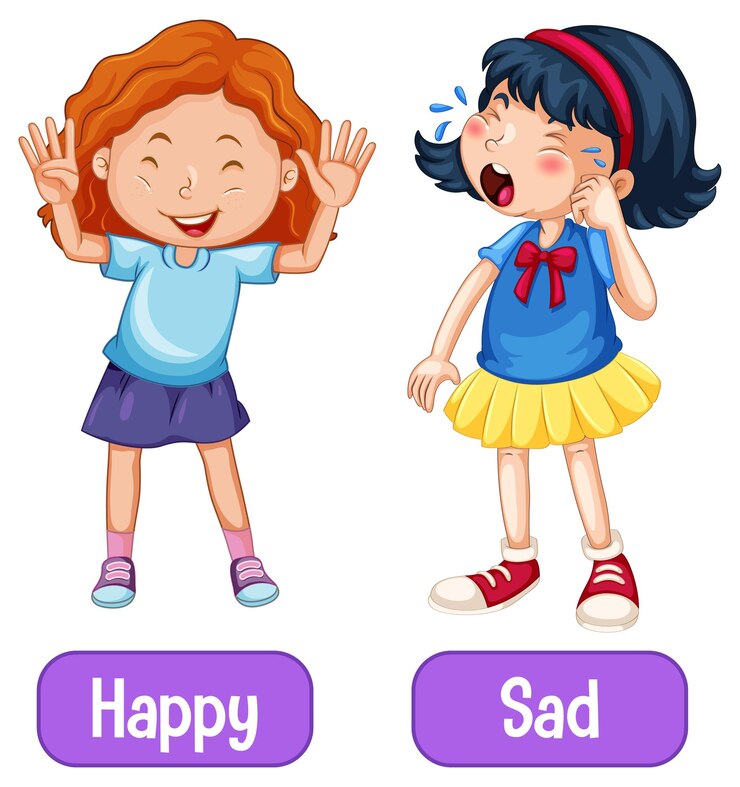Introduction: The postpartum period is not only a time of physical recovery but also a time of emotional and mental adjustment. Many new mothers experience a range of emotions, from joy to anxiety, and it’s important to take care of your mental health during this time. In this blog, we’ll explore common emotional challenges new mothers face and how to maintain mental well-being during postpartum recovery.
1. The Baby Blues vs. Postpartum Depression
It’s common for new mothers to feel overwhelmed in the first few weeks after birth. However, it’s important to recognize the difference between the “baby blues” and postpartum depression.
- Baby Blues: Many mothers experience mood swings, sadness, and irritability within the first two weeks postpartum. These feelings are usually temporary and caused by hormonal changes.
- Postpartum Depression: If feelings of sadness or hopelessness last longer than two weeks or become more intense, you may be experiencing postpartum depression. It’s crucial to seek support from a healthcare provider if this happens.
2. Tips for Coping with Emotional Changes
Emotional changes are normal, but there are ways to manage them and prioritize your mental health.
- Talk About Your Feelings: Sharing your thoughts and feelings with a partner, friend, or support group can help you feel less isolated. Don’t hesitate to ask for help when you need it.
- Rest and Self-Care: Sleep deprivation can intensify feelings of anxiety and stress. Try to rest when your baby naps and engage in self-care activities, even if they’re small, like taking a bath or reading a book.
3. Building a Support System
Surrounding yourself with a strong support system can make a significant difference in how you navigate postpartum recovery.
- Family and Friends: Don’t be afraid to lean on family and friends for help with meals, housework, or caring for your baby so you can take breaks.
- Professional Help: If you’re struggling with your mental health, consider reaching out to a therapist or joining a new parent support group. Many communities offer postpartum mental health resources.
4. Recognizing and Managing Postpartum Anxiety
In addition to depression, some mothers may experience postpartum anxiety, characterized by excessive worry, irritability, or restlessness.
- Mindfulness and Relaxation Techniques: Practices such as deep breathing, meditation, or gentle yoga can help calm your mind and reduce anxiety.
- Seeking Help: If postpartum anxiety feels overwhelming, it’s essential to talk to a healthcare professional. Therapy or medication can be effective ways to manage anxiety during this time.
Conclusion
Your emotional and mental health is just as important as your physical recovery during the postpartum period. By recognizing the signs of the baby blues, postpartum depression, and anxiety, and seeking support when needed, you can take care of your mental well-being as you adjust to life with your new baby.
Emotional and Mental Health During Postpartum Recovery


1 thought on “Emotional and Mental Health During Postpartum Recovery”